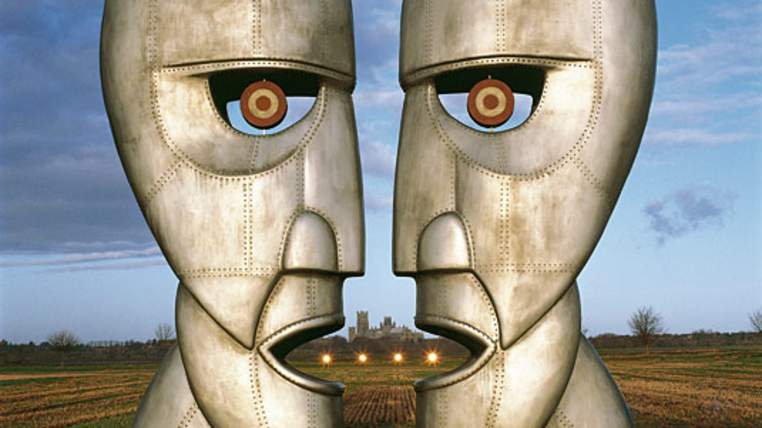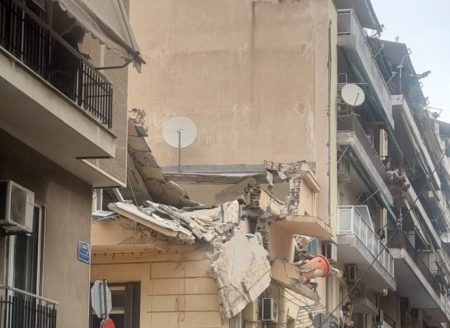Up to 1989 the world was defined by the balance between the two superpowers. Most may have called this a balance of terror, with zones and spheres of influence, hegemony, oppression, finances and more, but this gave the world a direction for about half a century.
After the collapse of the Soviet Union and so-called real socialism though that balance was lost and the people automatically entered the era of American domination.
Dominant and unopposed, without hesitation, the Americans constructed a new global architecture according to the liberal ideas and beliefs, which obviously served their interests. The doctrine of globalization which the Americans adopted and enforced on the world was based on the freedom of the movement of goods, capital and persons.
The liberal triptych appeared charming, offering a window of opportunity to the poorer and the marginalized, while creating expectations of participation in a more open, created, rich and free world. Most people were charmed by the freedom of movement of people and goods, but they underestimated the movement of capital. As the years went by, the liberal triptych retreated and was accompanied by military interventions which distorted it.
The free movement of goods and persons were subverted, but the movement of capital grew and reached profound proportion, offering incredible opportunities to multinational manufacturing, banking and speculative groups.
Combined with the impressive technological developments in communication, it transferred a wave of a uniform and homogenized culture worldwide, which tends to replace national cultures, ethics, traditions and outlets, which constituted societies and gave people meaning.
Twenty five years after the collapse of real socialism and almost 50% of the global GDP is attributed to 100 multinationals companies; the imbalances are unprecedented, the concentration of power in certain countries is extremely provocative, when at the same time large and densely-populated areas are held hostage to poverty and disrepute.
It is unfortunate that similarly intense and deep imbalances are distinguishable with a naked eye even in developed countries.
The creates divided societies with “vacant” people, who, after exiting the cycle of employment security, either collapse out of fear and end up in psychiatric asylums or they resort to nationalist, fascist beliefs or seek salvation in outdated theological zones from another era.
The events in the Middle East, the brutalities committed there are indicative of the insanity of the new world.
Even the separatist tendencies are secondary to the consequences of globalization. Scottish independence does not only have a financial background, it also cultural. Of the “yes” campaign succeeds, the floodgates of complications will open and the world will enter a different phase.
The demonstration of 1.8 million Catalans in Barcelona is indicative of the secession tendencies that will prevail and will like urge the Flanders, Piemonte and God knows how many other areas in Europe and beyond to follow suit.
Should separatism prevail then Britain will be undermined, the European Union will find itself in a tight spot and will be threatened with collapse, as many countries will veto the potential accession request of an independent Scotland, in order to prevent similar tendencies. There is no shortage of people who estimate that the crisis is just about to being and that the efforts so far did nothing more than try to extinguish an extensive, unending fire.
One could argue that world cannot be controlled without a turn to spirituality and humanism, without a huge financial and social change that will offer greater rewards for work and will equally distribute wealth and overcome the imbalances.
In this respect, Mr. Tsipras was correct when he picked a fight with Manuel Barroso and the other miserable managers of the European crisis.
However one may view or approach the matter, the current financial model – just like the one of political power and influence which accompanies it –has exhausted its powers and potential.
From here on, all that is generated are imbalances and explosions which threaten Democracy and the lives of people.
Antonis Karakousis





